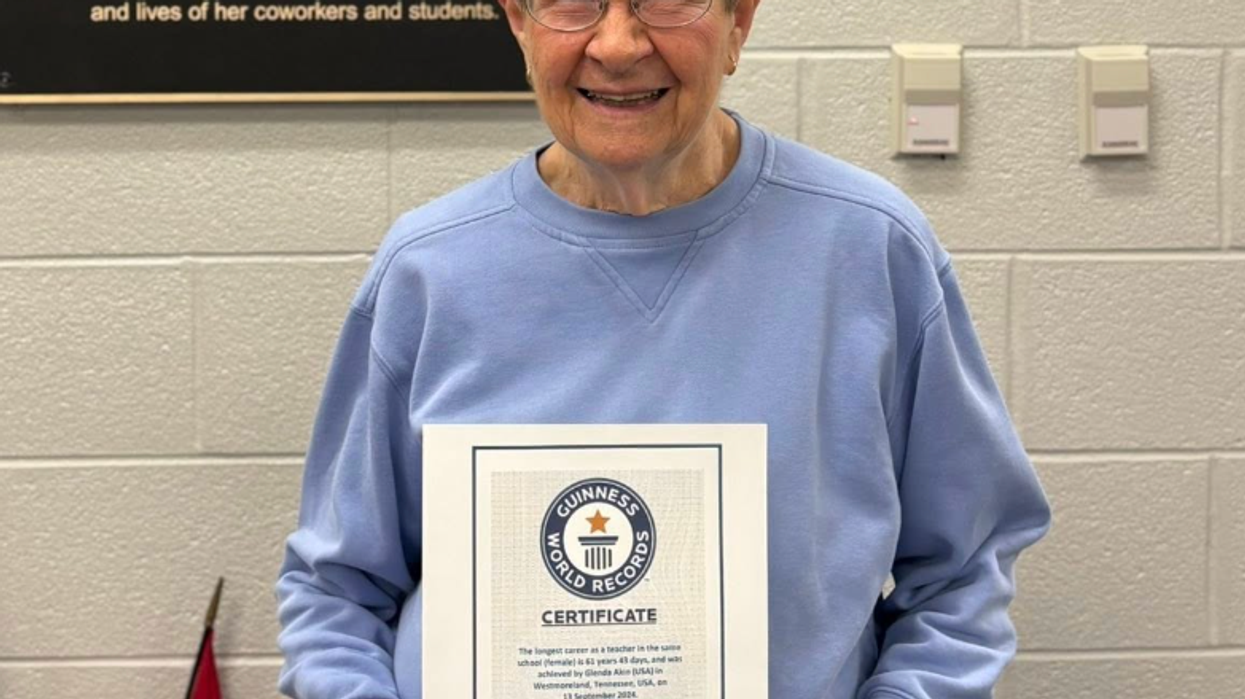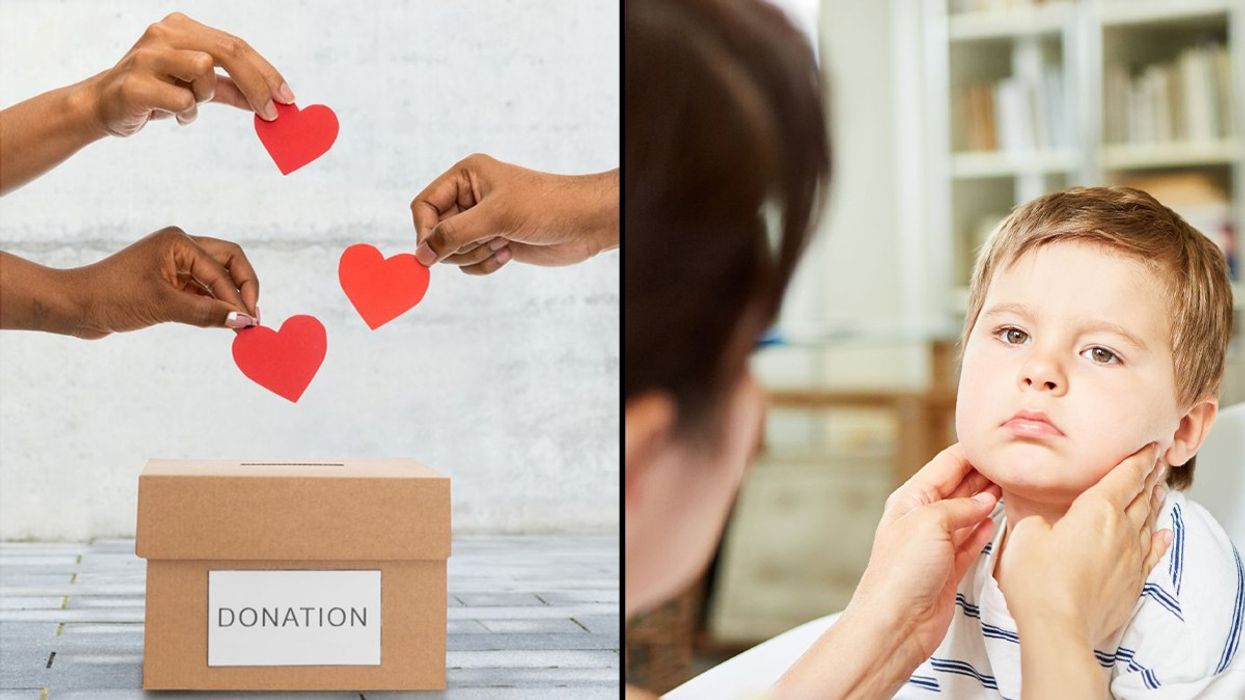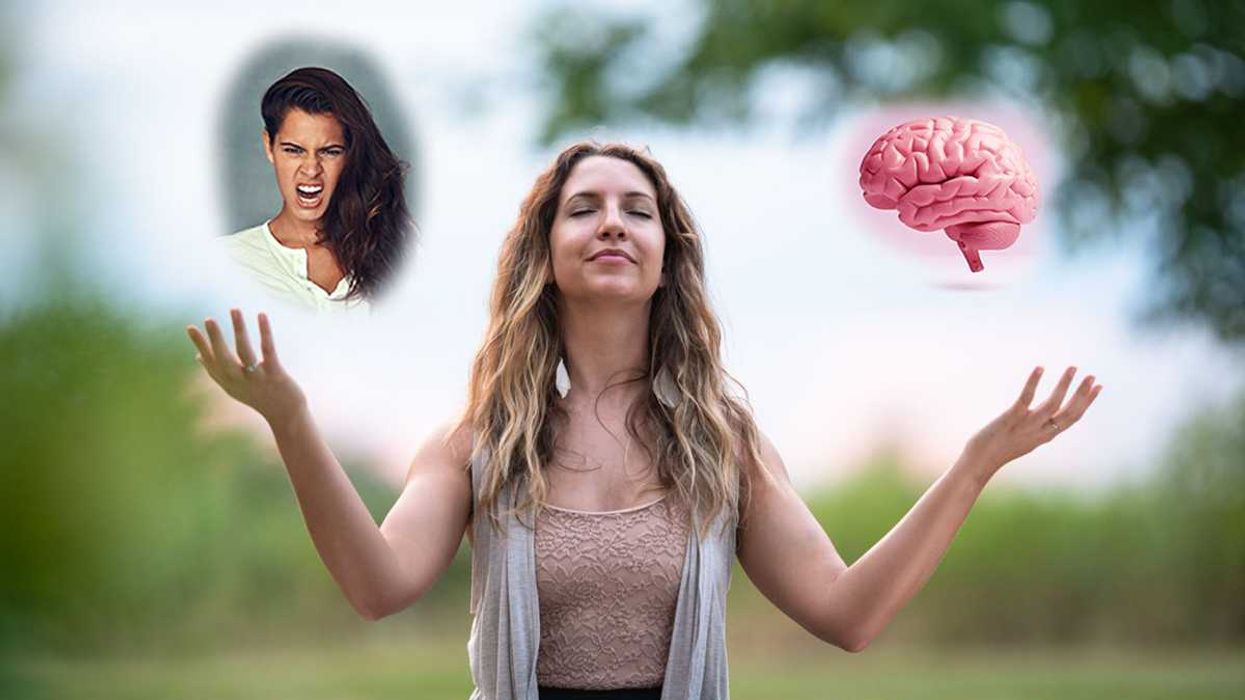More and more we hear that employers want strong writing skills. In Washington D.C though—as in many cities—we see a large number of students who have issues with writing. In 2010, nearly two-thirds of D.C. public school students could not write at a proficient or above level. By not having a better control of the written word, they are automatically at a disadvantage—if you can't harness your voice, you can't wield power. But let me tell you something, they don't really hate writing. They just need an encouraging space to help them become excited about writing and find their voice. Here at 826DC, I've seen students do just that.
Since we opened two years ago, we have seen exponential program growth—during the last school year, we served more than 2,000 students. One of the students we work with, Rashawnda, a senior at the Duke Ellington School for the Arts, is 826DC's first Young Writer in Residence. A couple years ago, Rashawnda wasn't doing well academically. She ran with the wrong crowd, and cared more about her social life than about school. This isn't a unique story—many of us placed more importance on our social lives than in our schoolwork, too. At the behest of one of her teachers Rawshanda found her way to our four-month long poetry workshop.
Rawshanda had never written a poem before. But after those first few classes, she found something—the power of words. She ended up reading at the 2011 National Book Festival. Reflecting on the experience Rashawnda wrote,
"While I was reading, I noticed a woman who was crying. Later she told me my poem touched her. In that moment I realized I could connect with strangers and touch others with my writing. Me, a formerly nervous, awkward girl, could affect change. The experiences I've had with 826 have showed me that I can take a dream and make it a reality. I gained more confidence in my writing, and have become unafraid to share."
Now she spends three days a week at our center, writing for the 826DC website, and serving as a great role model for our younger students.
"Max", one of those younger students, a 7-year-old, is a first generation immigrant. He doesn't speak English at home, and he has been coming to our after-school tutoring program four days a week for the past two years. He hated writing. And I mean hated it. The second we talked about writing he would all of sudden have a severe case of anything—he would hide in the bathroom, come into my office to say hi, or go check out our storefront, The Museum of Unnatural History. Behind him within seconds would be a tutor reminding him that it was writing time.
Max would begrudgingly write a few words, and, exasperated, he'd throw down his pencil. There were tears sometimes. Tantrums even. But, he would do the work. We would try to help him work through corrections but the editing proved to be worse. We talked to his teachers to see if he had the same issues in class. He did.
Then one day, a new friend arrived. Alvarez. He wasn't a classmate. He is our iguana who came through a volunteer who couldn't quite take care of him anymore. So, we rescued Alvarez and created a nice terrarium for him in our museum.
Max was amazed. This weird-looking lizard with no tail just came into his life, and that was it. He popped into my office one day and asked "Can I write a letter to Alvarez?" I was stunned. Max wanted to write something.
"Sure. You should read it to him when you are done, he'd like that," I replied.
As adults, who have moved so far away from the whimsy of childhood, we forget that our imaginations were once filled with dragons and ninjas and princesses and all those things that make up the collective psyche of seven-year olds. Max loves dinosaurs, and Alvarez was the first thing that he had seen in person, so close up, that resembled those things he was fascinated with.
Now Max writes. If he finishes his homework early, he writes. He writes straight through the writing time and into game time. He hasn't played a game in weeks. He has just been writing. He'll go home and write about Alvarez. He'll come with pages of stuff—letters, stories for and about the adventures of Alvarez the iguana. He still has a lot of work to do—and a lot of progress to make to get to and past grade level—but he is making huge strides.
Rashawnda found access and understanding. She was able to explore a new genre, and discover her voice and the power that the genre could have for her. But with Max and many of our younger students, we have bigger challenges we have to break through to find what it is that will excite them to write. We have to make writing not a chore but fun. It's hard, but it doesn't have to be painful. Sometimes, all it takes is access, and sometimes, all it takes is an iguana.
To learn more about 826, follow them on GOOD. To volunteer at your local 826 center, click here.
Alvarez the iguana photo courtesy of 826DC















 Otis knew before they did.
Otis knew before they did.